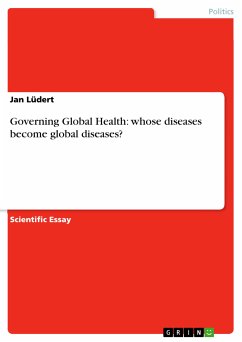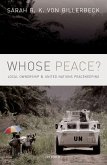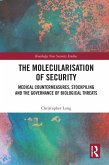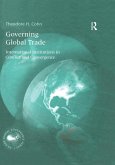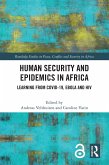Scientific Essay from the year 2006 in the subject Politics - International Politics - General and Theories, grade: 1.7, The Australian National University, language: English, abstract: In mid March 2003 the small bush airport of Maun, Botswana, the entrance to the magnificent Okawango Delta, transformed overnight from a calm African airstrip into a possible entry point for a major health threat. Airport staff in masks handed health warnings of a novel and unknown disease called Severe Acute Respiratory Syndrome (SARS) to passengers wearing khaki adventure clothing. Ministry of Health officials questioned incoming passengers predominantly from Europe and Northern America, about their latest travels and in return received anxious and concerned inquiries from leaving passengers ready to board their flights back home. A feeling of vulnerability lay heavily in the air. Meanwhile, on the other side of town, in the local hospital Batswana children, women and men stood patiently in a long line, under the scorching sun to await their routine medical checkups. Every person in this line had tested positive for the Human Immunodeficiency Virus (HIV), and many are also latent or open carriers of the bacterium Mycobacterium tuberculosis (TB). No questions were asked here; overworked doctors and nurses were too busy providing basic support to the never-ending line of patients. The feeling here could be best described as accepting ones fate to die, with little hope to become eligible for a place on the antiretroviral therapy (ARV) program initiated by the government, which had commenced a year earlier.1 What remained was the perception that something profoundly different happened in the same place, at the same time. But what was it?
Dieser Download kann aus rechtlichen Gründen nur mit Rechnungsadresse in A, B, BG, CY, CZ, D, DK, EW, E, FIN, F, GR, HR, H, IRL, I, LT, L, LR, M, NL, PL, P, R, S, SLO, SK ausgeliefert werden.

